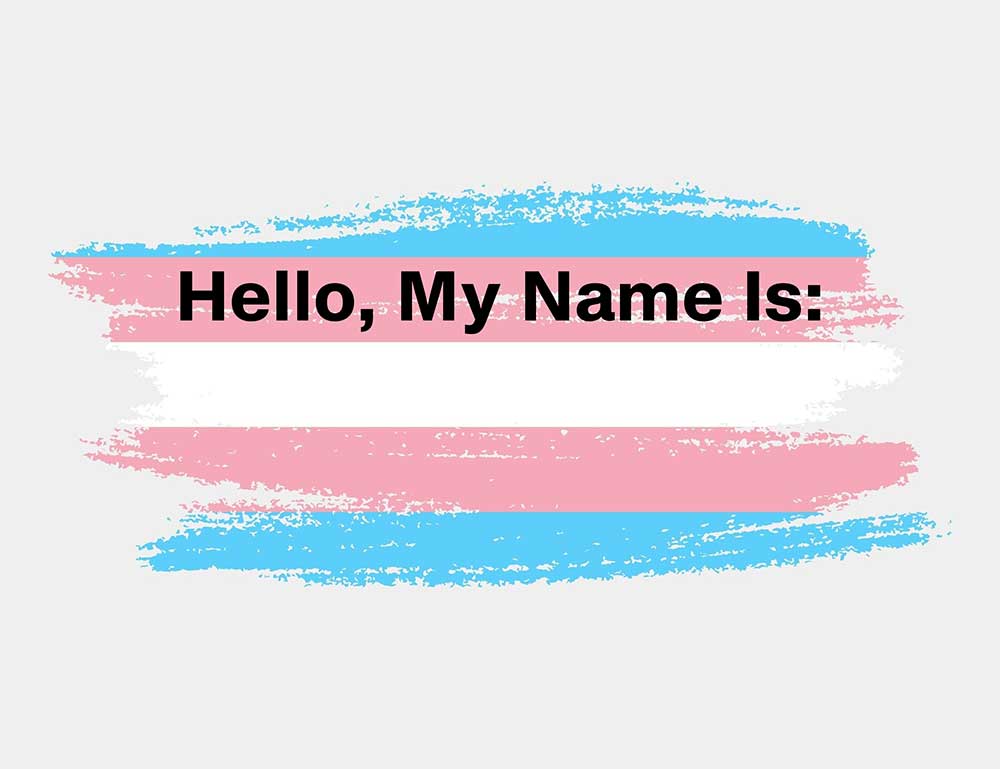Standing Up for Transgender Rights
The firm continues to stand with and support transgender people in exercising their rights to access health care and to live safely and authentically.
Please click below to learn more about our recent efforts standing up for the transgender community.
- DOE V. LADAPO
- U.s. v. Skrmetti
- School District Policies
- Name Change
DOE V. LADAPO
Florida legislators passed a law that banned medical care for transgender adolescents (subject only to a narrow exception) and restricted that care for transgender adults. Along with co-counsel from GLBTQ Legal Advocates & Defenders (GLAD), Human Rights Campaign Foundation, National Center for Lesbian Rights, and Southern Legal Counsel, lawyers from Lowenstein Sandler sued to enjoin the law.
After a three-day trial in December 2023, at which plaintiffs presented extensive expert testimony demonstrating that these restrictions have no medical basis, the trial court found that the bulk of the Florida statute was motivated by disapproval of transgender people and violates the equal protection rights of transgender individuals and parents of transgender minors in Florida.
Most challenges to laws that target transgender people have relied on the theory that the laws make classifications based on gender, subjecting the laws to heightened scrutiny. But that legal approach was not available in Florida, as the U.S. Court of Appeals for the Eleventh Circuit had recently held that this sort of law did not target people on the basis of gender. As a result, Lowenstein and its co-counsel argued that Florida’s law violated the Constitution because it resulted from invidious discrimination— an effort by the state of Florida to harm transgender people because they are transgender. In June 2024, the district court agreed that we had proven the law was based on hostility against transgender individuals and issued an injunction, which is a court order that stopped the law from being enforced. The state of Florida appealed that decision, and in August 2024, the Eleventh Circuit allowed the law to take effect while the appeal progresses. The appeal was argued in January 2025, and we are waiting for a decision on the merits.
The district court agreed that we had proven the law was based on hostility against transgender individuals and issued an injunction.
UNITED STATES V. SKRMETTI
Florida was not alone in passing laws that limit the ability of transgender adolescents to access medical treatment recommended by their doctors and approved by their parents. Tennessee passed a law that banned the use of puberty blockers and hormone therapy—only when used to affirm an adolescent’s gender that is inconsistent with their sex at birth. In other words, under the law, if a girl had a medical reason to delay menstruation, she could take puberty blockers, but a transgender boy who would suffer if he developed breasts could not. Advocates and the United States sued Tennessee to enjoin this ban on gender-affirming medical care.
The U.S. Supreme Court agreed to hear the case to decide whether laws like Tennessee’s make gender-based classifications that require special justification. The case received significant attention—individuals and organizations filed more than 70 friend-of-the-court briefs urging the Court to decide the case one way or another.
One of the critical questions the Court had to grapple with was the extent to which this medical care was safe and effective. Proponents of the law relied on a United Kingdom study, known as the Cass Report, to argue that there was a medical basis for Tennessee’s law. But there are significant flaws in the Cass Report’s methodology, and even if it were sound, it did not call for a total ban on care for transgender adolescents like the challenged law did.
The firm filed a friend-of-the court brief on behalf of a group of expert researchers and physicians, who have cared for thousands of transgender youth and have published hundreds of peer-reviewed studies, detailing the reasons why the Court should not rely on the Cass Report. A decision in the case remains pending.

Fighting Against School District Policies that Violate the Law Against Discrimination
Most New Jersey school districts have policies in place to protect the health and safety of transgender schoolchildren. But in 2023, a few school districts changed course and adopted policies that would force school administrators to notify parents, over their child’s objection, whenever their child indicated that they were transgender or gender nonconforming or asked for accommodations, such as the use of their preferred name and pronouns or to use a restroom or join a sport team or club in accordance with their gender identity.
The Attorney General, through the Division on Civil Rights, obtained a court order preventing the implementation of these forced-outing policies, which it contends violate the state’s antidiscrimination law because of the differential and detrimental treatment of transgender students. The firm submitted a friend-of-the-court brief on behalf of Garden State Equality and the ACLU of New Jersey in the appellate proceedings, highlighting the harms that LGBTQ students face when they’re not ready to come out or have a family that’s not supportive. The brief also argued that parents do not have a constitutional right to such notification, which the districts claim in defense of their forced-outing policies. The appellate court agreed and relied on arguments made in our brief to uphold the court order preventing the implementation of the forced-outing policies.

Helping Transgender People Navigate the Legal Name Change Process
Sometimes the rights of transgender people are vindicated in high-stakes arguments before appellate courts; but far more often, people just want to live their lives with dignity and authenticity. For years, Lowenstein lawyers have worked with Advocates for Trans Equality to seek name changes for indigent transgender New Jerseyans whose identification documents do not match their chosen names or gender identities. In 2024, our lawyers and staff represented 44 indigent people seeking name changes.

